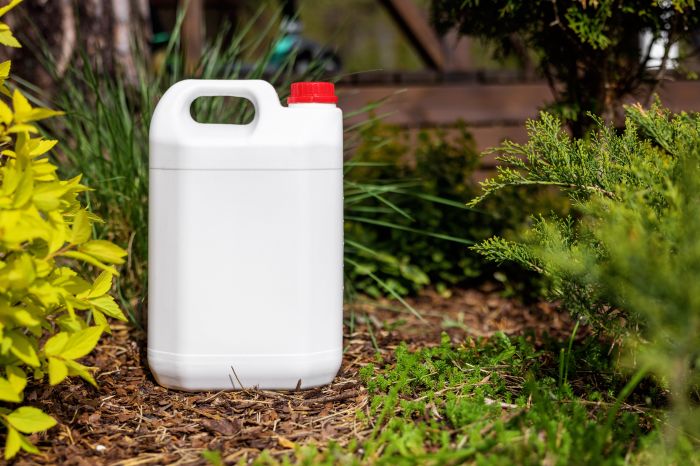Connect with a verified veterinarian in minutes. Licensed vets are available 24/7 to answer your questions. No need to worry about your furry family member.
Vitamin D is a common supplement found in many of our homes. Vitamin D deficiency is a very a common condition that affects a large portion of the population. The condition is so common that doctors call it an “invisible epidemic.” With so many people experiencing vitamin D deficiency, it’s no wonder that it’s found in many of our homes. It probably comes as no surprise that more dogs are gaining access to vitamin D. But how can a dog get vitamin D pills or capsules?
If you accidentally drop a pill or capsule, your dog could pounce on it and swallow the vitamin in a flash.
Your dog could also find the bottle of vitamin D pills or capsules on a table or counter. He may be tempted to chew on the bottle, and the pills fall out! Most vitamin D supplements contain levels of the nutrient that could cause health issues in your fur baby.
High levels of vitamin D can be toxic for dogs. The condition is known as vitamin D poisoning.
Vitamin D Poisoning in Dogs
Your canine companion may not show any symptoms until about 12-24 hours after eating the vitamin D. However, he can have symptoms appear as long as 72 hours later. The severity of his symptoms depends on how much vitamin D your dog has eaten.
Vitamin D poisoning causes a dog’s calcium and phosphorous levels to rise. This can cause issues with the kidney, heart, gastrointestinal system, or problems with the central nervous system. If left untreated, acute renal failure (kidney failure) can develop, which leads to coma and death.
The supplement can also cause a condition called hypercalcemia, which causes an electrolyte abnormality.
Signs & Symptoms of Vitamin D Poisoning in Dogs
Symptoms of vitamin D poisoning can include:
- Excessive drooling
- Abdominal pain
- Vomiting
- Seizures
- Muscle tremors
- Depression
- Increased thirst
- Lack of appetite
- Increased urination
- Weakness
- Blood in vomit
- Loss of weight
- Tarry (black) stools that contain blood
In severe cases of vitamin D toxicity in dogs (if they have eaten large amounts of the vitamin), they may experience these symptoms:
- Increased respiratory rate
- Difficulty breathing
- Bleeding in the intestines
- Slow heart rate
- Abnormal heart rhythms
- Mineralization of body tissues
That’s a pack of nasty symptoms your fur baby could develop just from eating a vitamin D pill or capsule. If your pet has eaten a Vitamin D pill or capsule, it is recommended to immediately phone your veterinarian, so they can discus whether your pet requires immediate veterinary treatment. This will be based on the amount of Vitamin D your pet has eaten in relation to his bodyweight.

Review symptoms, medications & behavior to keep your pets healthy with a Vet Online in just minutes.
Ask a Vet Live NowDiagnosis and Treatment of Vitamin D Toxicity in Dogs
The vet will ask about your dog’s overall health, his diet and when he ate the vitamin D capsule or pill. If you can also include the dosage of the pill, this will also help the vet. If possible, bring the Vitamin D capsule/pill packaging along with you to your vet visit, or else a photo of the back of the package, showing the ingredients and strength of the pills.
The vet will do a physical exam, along with possibly carrying out bloodwork on your pet. In the bloodwork results, your vet will look at your dog’s kidney function, urine concentration and his electrolyte values. He may also order other tests such as:
- Complete blood count
- Chemistry panel
- Electrolytes
- Urinalysis
- X-rays
- Abdominal ultrasound
Your vet will be checking for specific issues, while also ruling other possible health issues.
After the diagnosis, your fur baby may need urgent medical treatment. This could mean he needs to be hospitalized for up to 48 hours (sometimes longer than this), so the vet can monitor and treat his symptoms.
Treatment of Vitamin D Poisoning in Dogs
The treatment of vitamin D poisoning in dogs depends on the amount the dog has eaten and what time this occurred. If your fur baby has recently eaten the vitamins (within the past 2 hours), the vet may induce vomiting.
After this, the vet may use activated charcoal. Activated charcoal works to keep toxins from being absorbed in the digestive tract.
For a low dose of vitamin D ingestion, your fur baby may only need outpatient care. However, for higher doses, he may need to be hospitalized. During this time, your dog may be given intravenous fluids and medications to stop the absorption of vitamin D, along with anti-nausea medicines, antacids, and medications to decrease the calcium and phosphorus levels in your dog’s system.
Vitamin D poisoning can be a serious health threat for your dog. However, with prompt veterinary advice and treatment, many pets have a good chance of a full recovery.
Connect with a verified veterinarian in minutes. Licensed vets are available 24/7 to answer your questions. No need to worry about your furry family member.

Evie Moloney, RCVS
This article has been reviewed and approved by an independent Veterinarian: Evie is a vet surgeon who graduated from the University College Dublin, which is the only university offering the veterinary medicine degree in Ireland. She really enjoys surgery and has also worked as an emergency and critical care vet. She is passionate about sharing education about preventative health care for pets, especially the importance of regular dog and cat teeth brushing at home. She also enjoys helping owners find practical solutions for keeping pets as comfortable as possible while living with conditions such as arthritis. When not working, she enjoys hiking and swimming.
Review symptoms, medications & behavior to keep your pets healthy with a Vet Online in just minutes.
Ask a Vet Live Now






